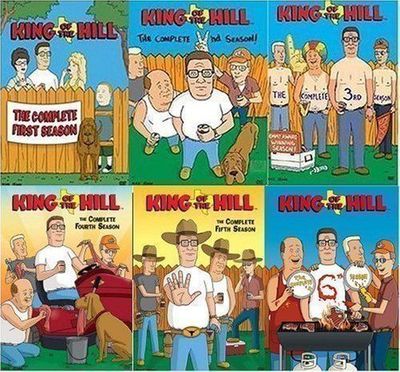The Lasting Legacy of King of the Hill

Overview of King of the Hill
King of the Hill, an American animated television series created by Mike Judge and Greg Daniels, first premiered on FOX in January 1997. The show quickly became a cultural staple, known for its satirical portrayal of suburban life in Texas. Over 13 seasons and 258 episodes, it garnered critical acclaim and still holds relevance today, making it essential to explore its impact on media and society.
Main Themes and Characters
The series revolves around the life of Hank Hill, a propane salesman, and his quirky family—his wife Peggy, their son Bobby, and their niece Luanne. Each character embodies the societal norms and struggles of the American middle class, tackling issues such as family dynamics, friendship, and a sense of community. The humour often arises from the contrast between characters’ values and the rapidly changing world around them.
Recent Revival and Cultural Impact
As of late 2023, the resurgence of interest in King of the Hill has led to news of a planned revival by 20th Television, reigniting fan enthusiasm. The show’s return aligns with current trends in reboots and sequels as networks recognise the enduring fanbase that animated series can create. Additionally, platforms such as Hulu have made it easily accessible to a new generation of viewers, leading to increased discussions around its relevance in today’s society.
Conclusion: Significance for Audiences
King of the Hill holds a special place in animated television history, merging humour with social commentary. As society grapples with issues surrounding identity, community, and family, the show’s subtle approach invites audiences to reflect on their own lives. The upcoming revival presents an opportunity not only to reconnect with beloved characters but also to explore new narratives that resonate with contemporary viewers. Overall, King of the Hill remains a significant cultural work, captivating audiences with its authentic portrayal of American life.









